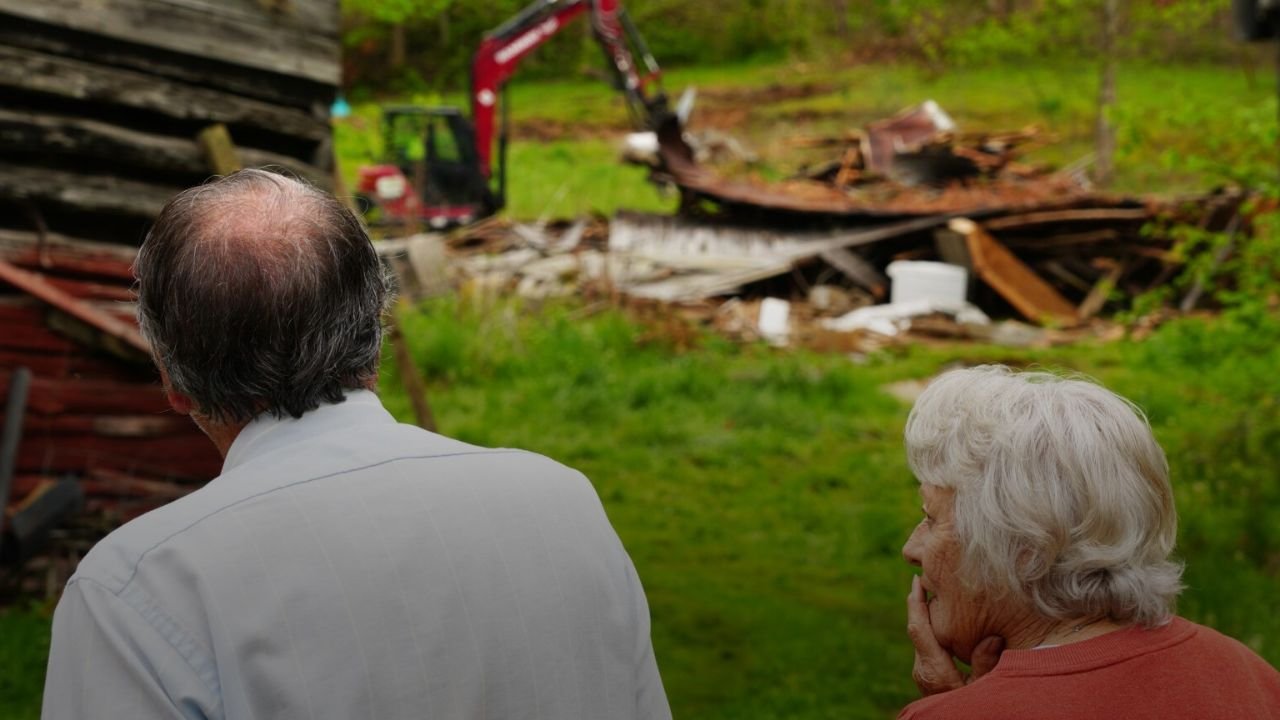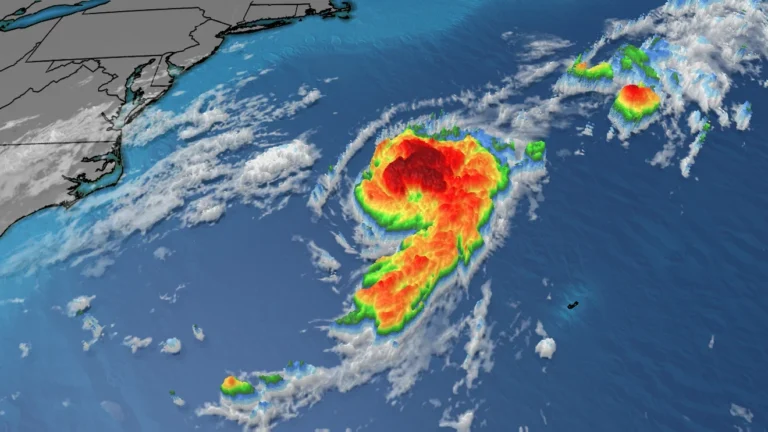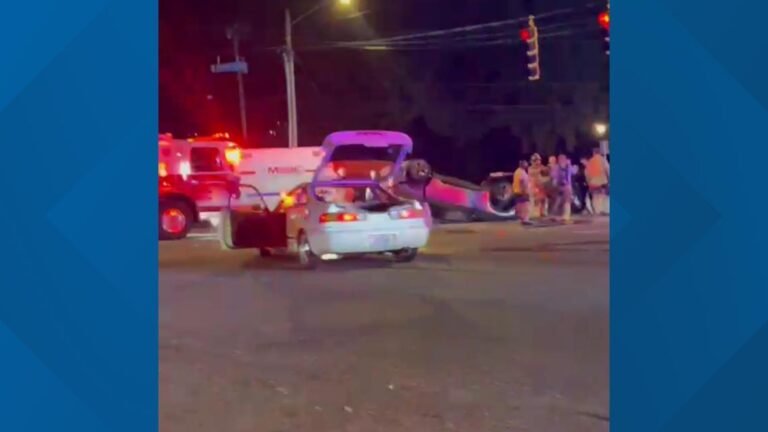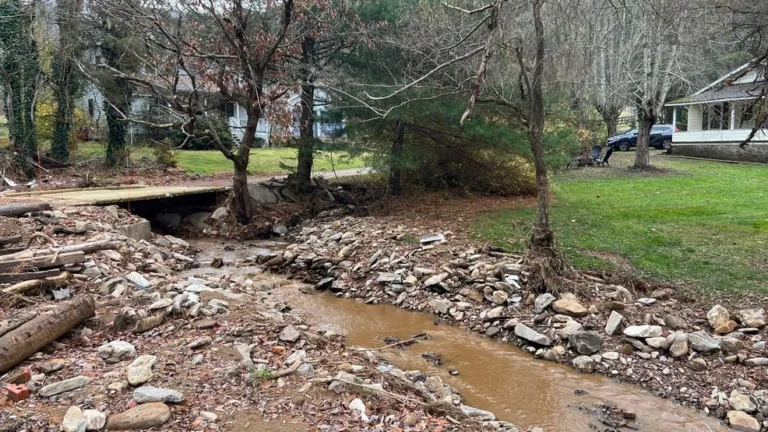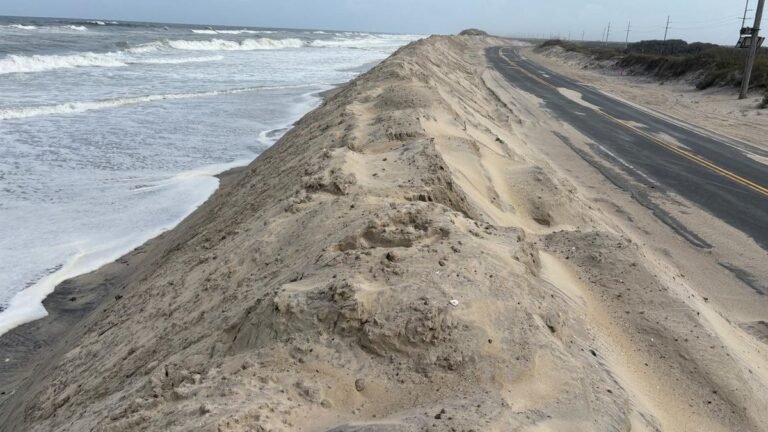North Carolina Seeks Disaster Plan to Keep Domestic Violence Services Operating
RALEIGH, NORTH CAROLINA — As hurricane season intensifies and emergency responses stretch thin, North Carolina leaders are working on a comprehensive plan to keep domestic violence programs running during disasters. The goal: ensure victims don’t lose access to shelter, counseling, and protection when they need it most.
The call for action follows numerous instances where storms like Hurricane Helene left survivors without access to critical support systems. Officials are now asking what more can be done to maintain these life-saving services when power is out, roads are flooded, or entire counties are displaced.
As reported by NC Newsline, the discussion is gaining momentum among state agencies, domestic violence advocates, and emergency management leaders.
Why This Plan Matters
North Carolina averages more than 100,000 domestic violence-related calls each year, and storm-related evacuations often separate families — sometimes putting victims back in proximity to abusers.
“When shelters close or evacuations force victims to flee without plans, they can be retraumatized or exposed to new dangers,” one advocate noted. That’s why the Department of Public Safety and nonprofit coalitions are working to develop formal continuity strategies for domestic violence services.
Lessons from Hurricane Helene
One symbolic image still resonates: a 100-year-old tobacco barn in McDowell County being demolished by the U.S. Army Corps of Engineers after Hurricane Helene. For families and shelter networks, the barn was a reminder of what can be lost in a storm — including decades-old safe spaces for healing.
Leaders want to ensure that similar losses don’t extend to critical human services in future storms.
Proposed Ideas Under Consideration
Some of the proposed solutions on the table include:
- Mobile safe spaces that can be activated when permanent shelters flood
- Text-based hotlines for victims in low-signal or no-power zones
- Funding reserves to help domestic violence programs rebuild quickly after natural disasters
- Formal partnerships with emergency response agencies for coordinated evacuation planning
Advocates Push for Long-Term Solutions
Advocacy organizations such as the North Carolina Coalition Against Domestic Violence (NCCADV) are urging lawmakers to prioritize this issue in future budgets and disaster planning.
“Disasters are when survivors are most vulnerable,” a coalition representative told reporters. “We need systems in place that won’t collapse just because power lines do.”
Have you or someone you know relied on domestic violence services during an emergency or disaster? Share your experience with the Saluda Standard-Sentinel to help raise awareness and strengthen support systems across North Carolina.

